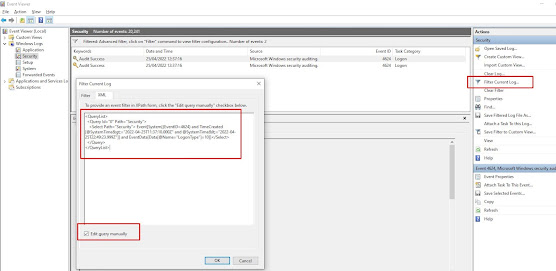<#
.Synopsis
Write-XmlPathOutput processes all files in a directory for a given XPath expression and puts the results to .txt files of the same name
.EXAMPLE
Write-XmlPathOutput -DirectoryPath DirectoryPath -XPath //*/project
.INPUTS
DirectoryPath - the path to the directory
XPath - the xpath you wish to use
.OUTPUTS
.txt text files in the same directory
#>
function Write-XmlPathOutput
{
[CmdletBinding(DefaultParameterSetName='Parameter Set 1',
SupportsShouldProcess=$false,
PositionalBinding=$false,
HelpUri = 'http://merrickchaffer.blogspot.com/',
ConfirmImpact='Medium')]
[OutputType([String])]
Param
(
# Param1 help description
[Parameter(Mandatory=$true,
ValueFromPipeline=$true,
ValueFromPipelineByPropertyName=$true,
ValueFromRemainingArguments=$false,
Position=0,
ParameterSetName='Parameter Set 1')]
[ValidateNotNull()]
[Alias("p")]
[String]
$DirectoryPath = (Get-Location).Path,
# xpath help description
[Parameter(Mandatory=$false, ParameterSetName='Parameter Set 1', Position=1,
ValueFromPipeline=$true,
ValueFromPipelineByPropertyName=$true,
ValueFromRemainingArguments=$false )]
[Alias("x")]
[String]
$XPath = "//*/project/@file"
)
Begin
{
}
Process
{
if ($pscmdlet.ShouldProcess("Target", "Operation"))
{
$files = Get-ChildItem (Get-ChildItem $DirectoryPath\*.xml)
if ($files -ne $null -and $files.Length -gt 0) {
ForEach ($file in $files) {
$OutFile = [string]::Concat($file.FullName, ".txt")
Select-Xml -Path $file.FullName -XPath $XPath | Select -ExpandProperty Node | Out-File $OutFile
}
}
}
}
End
{
}
}
Write-XmlPathOutput -DirectoryPath C:\temp -XPath "//*/project/@file"

